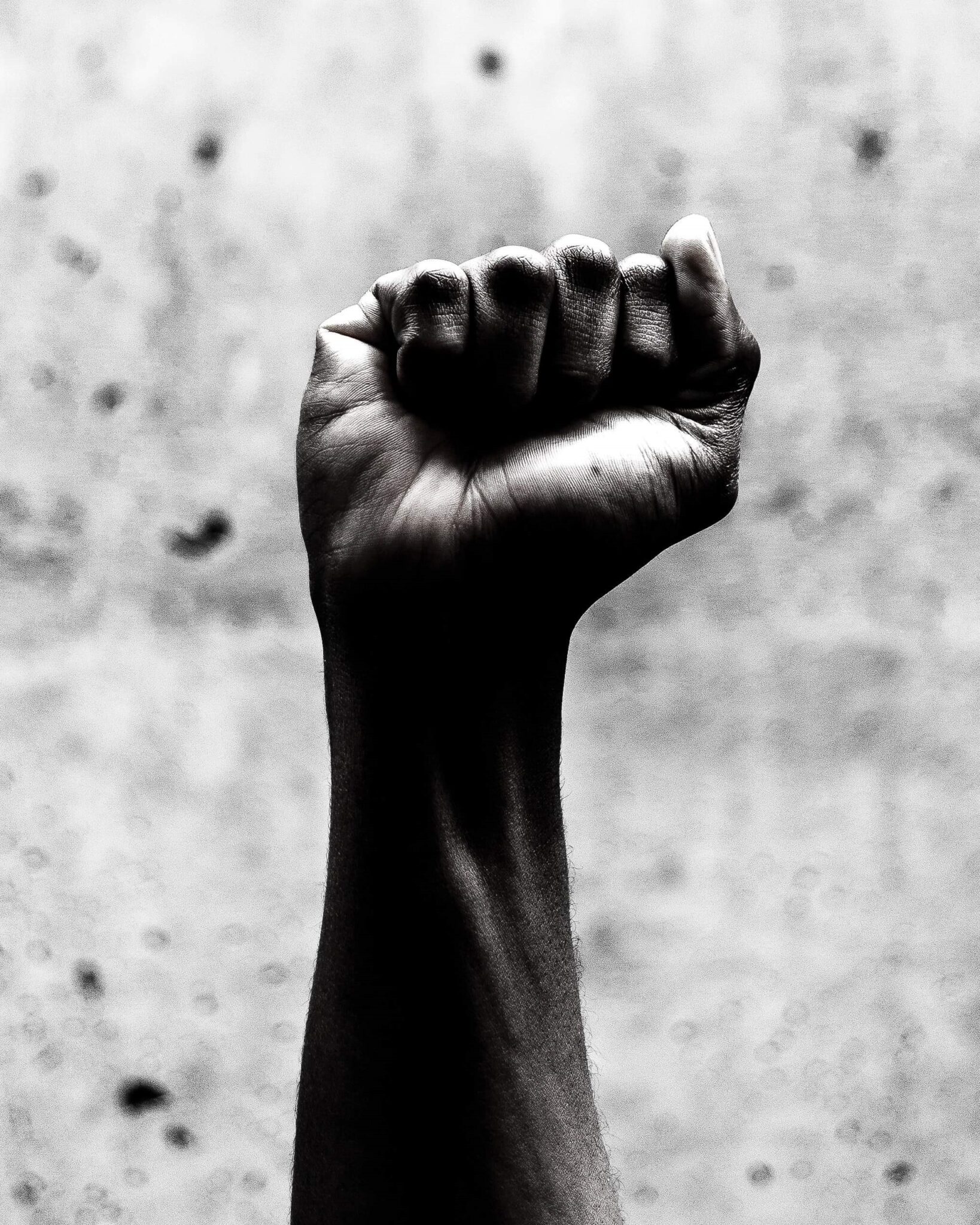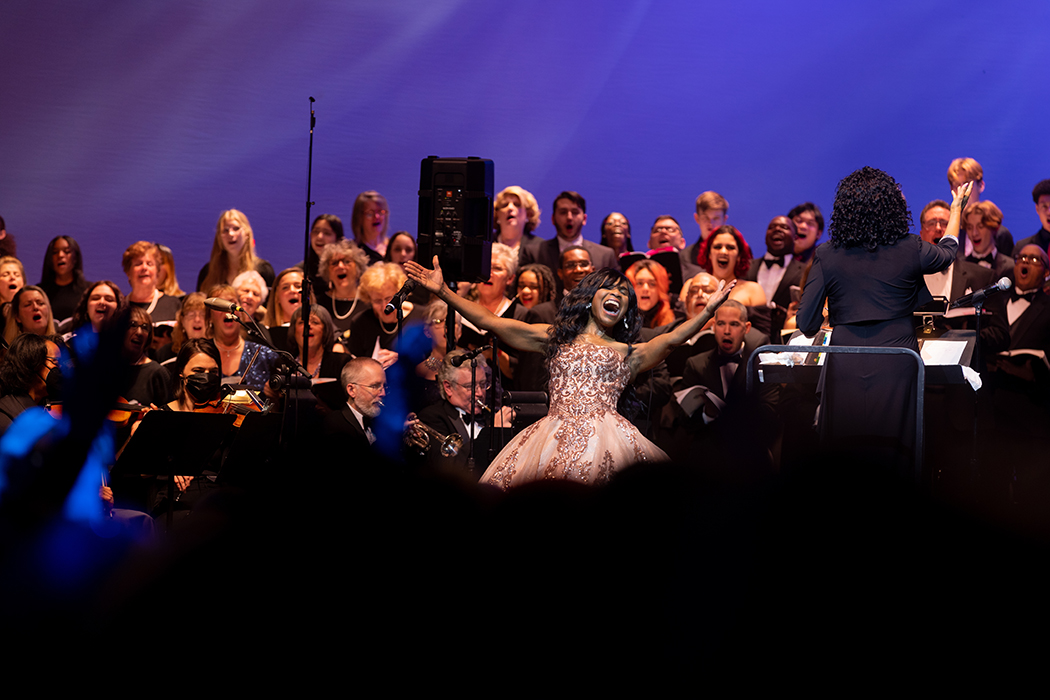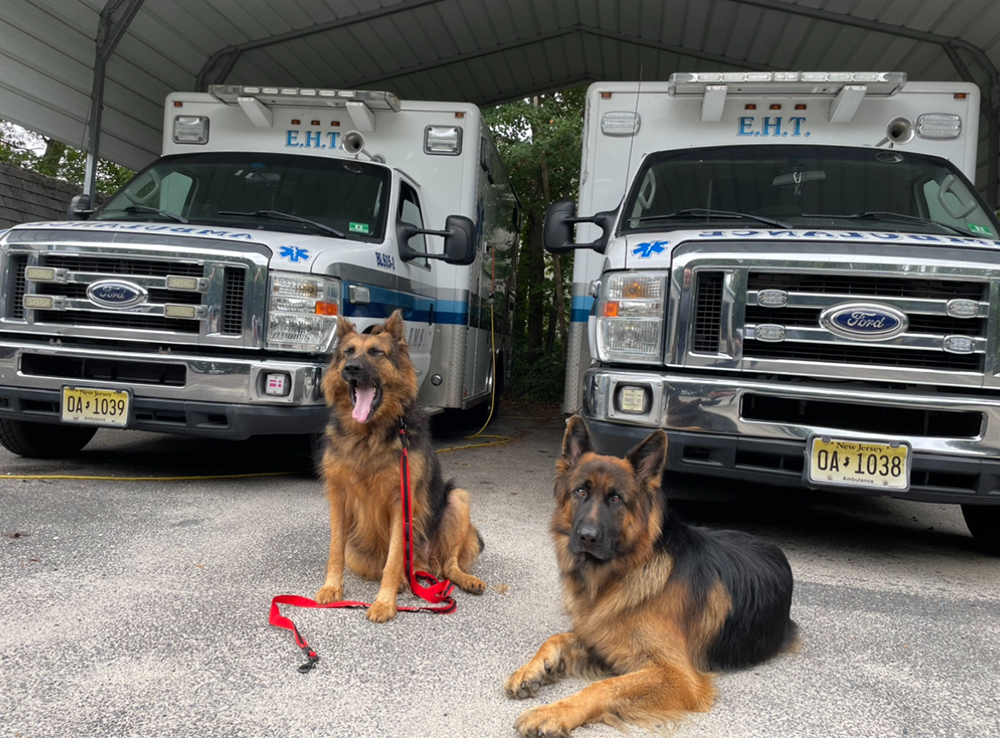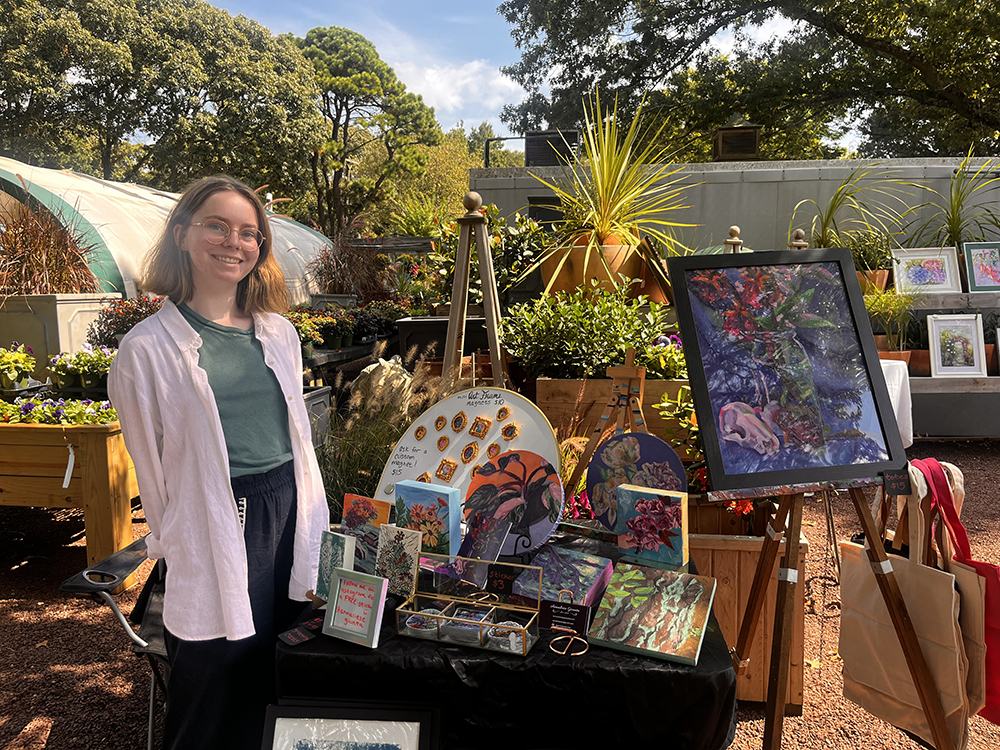Mom’s Vibe
By Krystle J. Bailey
Black History is American History. While we are one week into Black History Month, we are to be reminded that the richness of Black History needs to be told 365 days of the year. In this edition of Mom’s Vibe, we wanted to offer insight and resources for teaching Black History education in our homes. We sat down with three Black mothers who graciously offered their perspectives on Black History education.
Shore Local: What do you feel are the most important factors to capture when teaching black history to children?
Glorist Moore: I feel that the most important factors that need to be captured are the richness of the culture and traditions of Blacks beginning in Africa when we were Kings and Queens and also the many contributions of Blacks to America and its development and growth.
Paige Vaccaro: Black History needs to go beyond the same 3-5 famous figures. Most kids know about Martin Luther King Jr. but not Malcolm X, Rosa Parks but not Shirley Chislom, Harriet Tubman but not Maya Angelou.
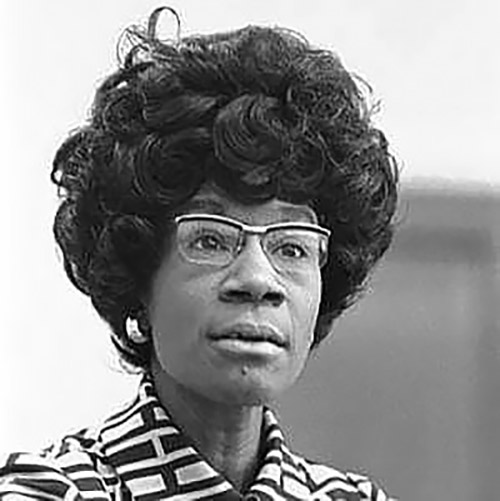
Schools need to design a curriculum that ensures that children are developing a deeper understanding of the American Black Experience every year that builds on previous knowledge. If they only learn a few historical figures then they get the impression that very few Black Americans were worthy of acknowledgment.
Also, Black History month needs to go beyond famous people and also include local heroes and current leaders. Why not have tastings of food from local Black restaurants? Host performances for local dancers, musicians, actors, and clubs. Invite Black families to the table to share their ideas, experiences, and resources and allow space and support to help them take action in collaboration with the schools.
Andrea Fogg: I believe the most important factor to capture when teaching black history is all the contributions we have made in building this country and the resilience of the African American race. I feel the accomplishments in science, math, medicine, and politics are not celebrated enough.
“The Firsts” by African Americans are still happening due to systematic and institutional racism, yet they are not a major headline or a story. The important factors to note are the heroes and trailblazers past and present. It is not enough to just teach a Dr. King speech and celebrate Rosa Parks’ courage. Our youth should know about the lives, struggles, and accomplishments of Sadie T.M. Alexander, Dorothy Height, Shirley Chisholm, Ida B. Wells, Charles Drew, Garrett Morgan, James Baldwin, and W.E.B. Dubois to say the least, and not just when a movie is created about them.
Shore Local: What do you feel public education misses when teaching Black History? What, if anything, do you feel they get right?
Moore: Public education misses the fact that Black History should be a part of the curriculum all year long not just in the month of February. It should be ingrained in every aspect of this country’s history and of the curriculum.
Vaccaro: I think the schools do touch on Black History every year in February with consistency through elementary and middle school more so than say, Women’s History Month. Most schools include diverse literature in their libraries and assignments. However, there is very little depth or historical context to these assignments and even less engagement with Black Americans in their community.
Fogg: The big miss for public education is that black history did not begin with the Transatlantic slave trade, but that is where they start our story. In fact, this occurs on the first day of the third marking period, which is Feb. 1st, the first day of black history month. How can you teach the horrible part of our history in the month where we should celebrate? Our youth need to know, there were people, Kings & Queens, not slaves, taken from their birthplace, but from great civilizations, filled with religion and culture, languages, advanced political systems, agriculture as well as empires created with immense architecture and engineering.
The good thing is that African American studies and an African American Film and Literature and Art course is offered in some districts as an elective. However, the course begins chronologically, showing the black experience through film, with the first film being “12 Years A Slave.” It doesn’t seem like they get it, so how can they get it right?
Shore Local: What resources can you offer parents seeking to expand upon Black History education in their homes? Especially, but not limited to, non-black parents.
Moore: When my children were young, I took them to museums with a focus on Black History, cultural events with a focus on Black culture, read cultural books for all ages, practiced facts and figures with Black History flashcards, and watched many documentaries and movies.
It’s important for non-black parents to develop relationships with Black families to get to know them personally so that questions can be asked and any myths, stereotypes, and misconceptions can be dispelled.
Vaccaro: The following links are excellent resources for teaching Black History:
Fogg: The resources are endless, thanks to the internet. The libraries (Atlantic City & Pleasantville) do an excellent job of offering Black History education and events. There are several printables, lesson plans, and themed resources for non-Educators looking to celebrate black history. The National Geographic Kids and PBS websites are my favorites because they provide links to books, and guidance on how to answer questions about race, as well as more articles and activities on celebrating diversity and what it means to be inclusive. I also recently came across this website as well redtri.com (28 Black History Month Resources for Kids of All Ages (redtri.com).
Thank you to Andrea Fogg, Glorist Moore, and Paige Vaccaro for their contributions to this piece. We hope that our fellow Shore Local moms will continue to educate and celebrate Black History and honor black voices, stories, and contributions year-round.

